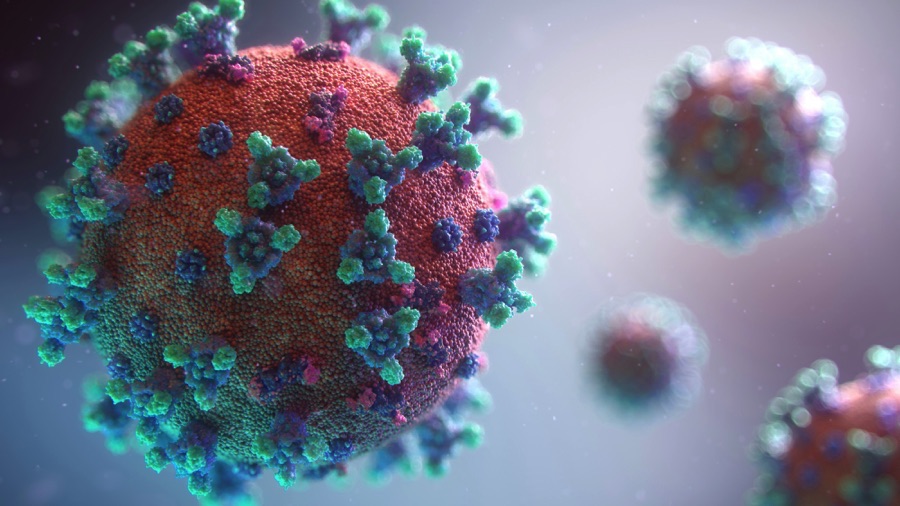Lymphogranuloma venereum (LGV) is a sexually transmitted infection caused by three
specific strains of Chlamydia trachomatis (L1, L2, and L3) that differ from the more
common serotypes of chlamydia because they can invade and reproduce in regional
lymph nodes.
There are two types of presentations:
Genital: This is the conventional type, characterized by the development of a small skin
lesion at the entry site, often asymptomatic, followed by regional lymphadenopathy
(swollen lymph node) in the inguinal or pelvic area, which may sometimes be
accompanied by fever and general malaise. Persistent inflammation caused by
untreated infection can block lymphatic vessels, leading to edema and skin ulcers.
Anal: This form is increasingly predominant and can manifest as severe proctitis
(inflammation of the rectum). In chronic stages, colitis can be mistaken for Crohn’s
disease with involvement of pelvic lymph nodes.
Asymptomatic forms are rare, but possible cases have been observed that might be
related to early detection during STI screenings. Diagnosis of this infection requires
caution as it could go unnoticed if the correct differentiation of Chlamydia strains is
not made (especially in the anal form), resulting in insufficient treatment. The best
diagnostic method is nucleic acid amplification (PCR) differentiating LGV strains, and it
should be performed whenever there is chlamydial proctitis. Although the incubation
period might be shorter than for other chlamydia strains, a two-week window period
should be observed for this test in asymptomatic close contacts.
The treatment is slightly longer than for other chlamydia strains, consisting of
antibiotic administration for 21 days.
In our clinics in Madrid and Valencia, we can conduct a clinical evaluation when LGV is
suspected, request the corresponding PCR in record time, and offer the best treatment
with follow-up to ensure proper cure.
The best prevention against lymphogranuloma venereum is early diagnosis and
prompt administration of appropriate treatment. If you have engaged in risky sexual
behavior for this bacterium, consult with a specialist team at Open House clinics to
clear any doubts.
Madrid Clinic Valencia Clinic Medical Center Málaga Online Test
Dr. Julieta Domingorena Córdoba
